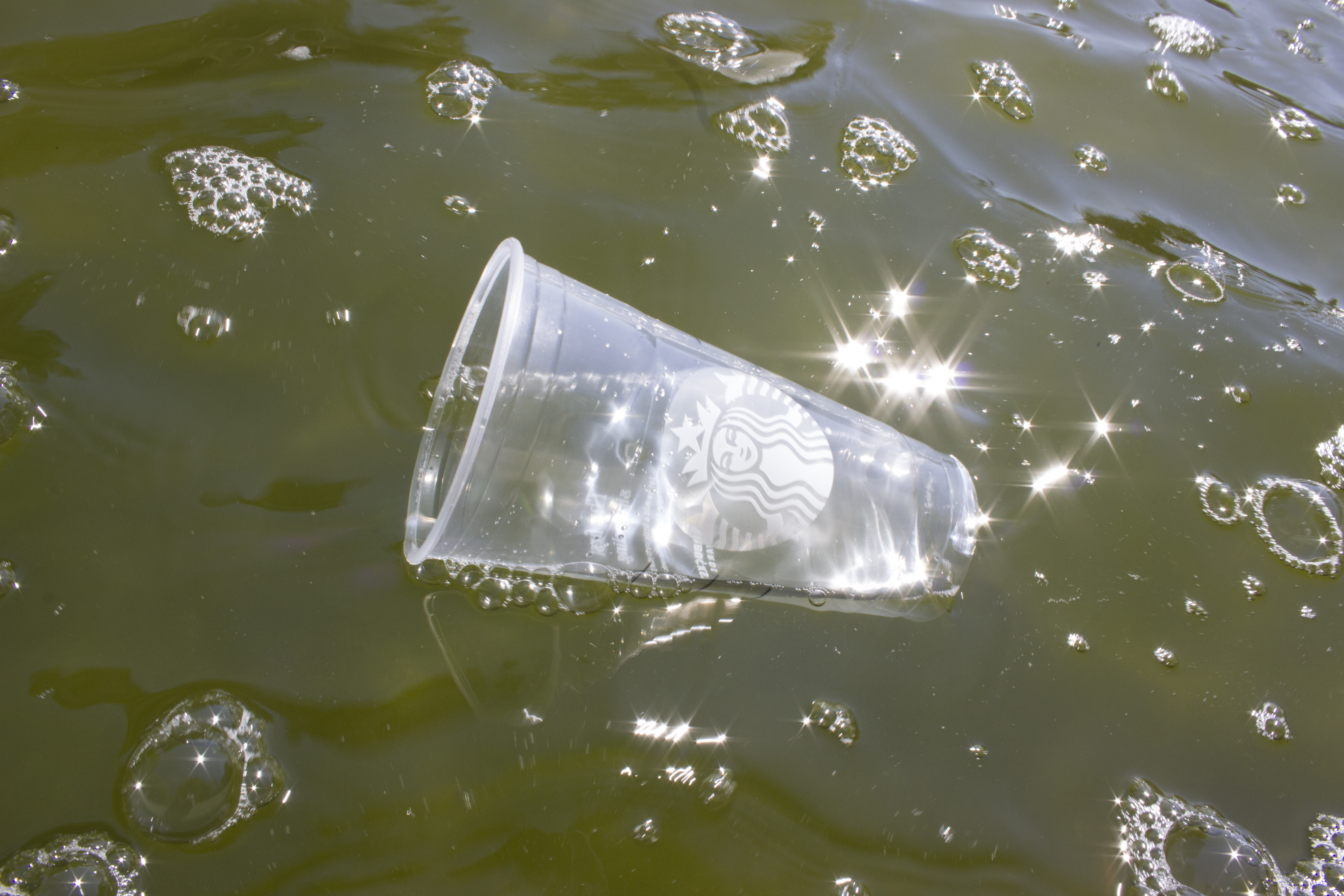Tate Walden/ The Johnsonian
Winthrop’s policies regarding recycling plastic cups and many other plastic items are directly affected by Rock Hill’s standards of recycling.
The City of Rock Hill states on their residential recycling page, “We do NOT recycle paper or plastic cups.”
With this policy, Rock Hill is not lessening their carbon footprint on the environment as much as possible. When there is a lack of recycling, there is an increased amount of landfill waste causing a rise in carbon dioxide levels in the atmosphere.
According to a National Geographic article, “If there’s a demand in the market, then recyclers and companies will pay for your post-consumer recyclables. But without a market demand, those recyclables are almost useless; placing them in the recycling bin won’t make a difference if you can’t make money off of them. If the demand isn’t there, or the quality of the materials post-use is incurably dirty, they end up in [the landfills].”
“Public investment in recycling systems, moreover, is integral to their long-term sustainability and success. While the price of purchasing a new piece of plastic is far cheaper than paying someone’s salary to manage and sort recyclables, the environmental cost is substantially greater. Subsidies, investments and public support go a long way,” the article goes on to explain.
While the City of Rock Hill does not provide the means to do so, other parts of South Carolina do allow the recycling of plastic cups. Because of Rock Hill’s specific policy, Winthrop has to abide by these rules.
Sonny Dodds, a sophomore psychology major finds the inability to recycle plastic cups an issue.
“I think as a state that borders an ocean it’s… [dumb] because we do have a lot of underwater life that is incorporated in our society…. so we are asking to kill the animals that are in the ocean,” Dodds said.
Griffin Cordell, a sophomore sculpture major, also has concerns about this issue.
“I think it’s stupid. I think South Carolina puts a lot of priority over really important that should not have priority. I mean plastic is such a big environmental issue, especially for the ocean you know,” he said. “You research these accounts of gigantic whales wrapped up in tarps of plastic… they actually swallow the plastics that go into their bloodstream poisoning them… it’s complete desecration.”
Cordell believes that we can and should fix this problem.
“The fact that we don’t want to do away with recycling plastic because it’s not easy that’s an environmental problem we should seriously consider to fix. I think it’s one of those things that is a very long term problem … So we don’t want to put the energy into trying to fix something you can’t see immediate result to and I don’t think people understand the importance of doing little things … It’s pretty horrifying that we have let it get so bad.” he said.




